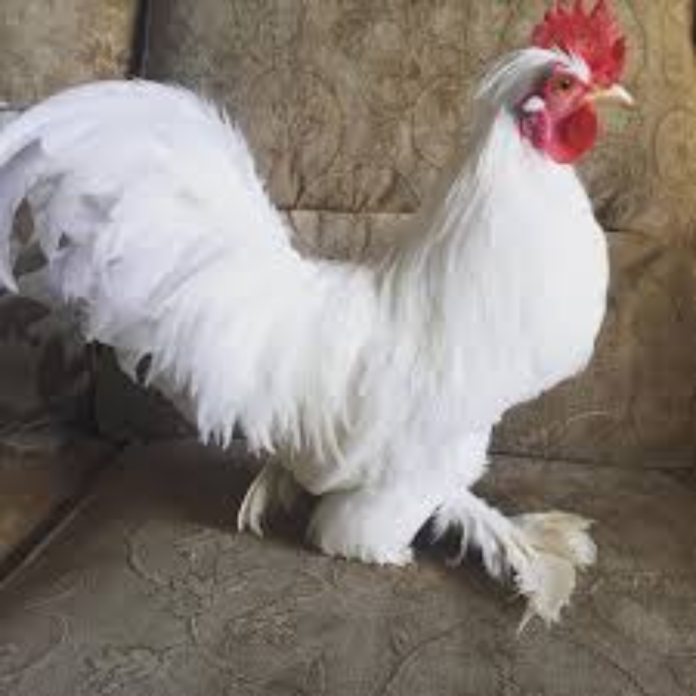With its flamboyant leg feathers and feather-duster-like head, the Burmese Bantam stands out. The Rumpless Game, true to its name, lacks a tail and squawks noisily. But for scientists at the University of Edinburgh’s Roslin Institute, these rare chicken breeds offer more than just quirky looks—they represent vital genetic diversity worth saving.
In a bold plan to preserve endangered poultry breeds like the Nankin, Scots Dumpy, and Sicilian Buttercup, the Roslin team has developed genetically modified (GM) hens that can act as surrogates—laying eggs that aren’t their own. “These chickens are a first step in saving and protecting rare poultry breeds from loss,” said project leader Mike McGrew at the AAAS conference in Boston.
The process starts with creating sterile GM hens. Using gene editing to delete a key gene, DDX4, required for egg development, scientists ensure the surrogates cannot produce their own eggs. These sterile birds, first hatched in 2016, were the first GM chickens in Europe. Scientists then transplant egg-producing follicles from rare breeds into these surrogate embryos—before they even hatch. Once mature, the surrogates can lay eggs from entirely different, often endangered, breeds.
Though the surrogates must also be artificially inseminated with sperm from the same rare breed, which may sound overly complex, the scientists argue it’s a necessary workaround. Unlike eggs, the follicles can be frozen and stored long-term, making this method ideal for a future poultry gene bank.
That’s exactly what the Roslin team has created with the £14 million Frozen Aviary project—a biobank preserving the genetic material of diverse poultry. So far, it contains samples from 25 chicken breeds and over 500 individual birds, all stored in cryogenic tanks. “We want to protect all the different breeds of chickens because it’s the most consumed animal on the planet,” said McGrew. “So we freeze them all.”
The technology could even one day help resurrect breeds lost to disease or extinction. In theory, the surrogates could lay eggs from any chicken, including wild ancestors like the red junglefowl. Cross-species reproduction—such as a hen producing an eagle’s egg—remains unlikely, though.
Richard Broad of the Rare Breeds Survival Trust sees promise: “You can save all kinds of breeds, put them in a freezer, and have a genetic ark. In terms of usefulness, we couldn’t wish for anything better.”
Beyond biodiversity, the approach has practical benefits. Rare breeds may carry genes that offer resistance to future bird flu strains. “It’s not just what the breeds are—we’re preserving what they represent in their genes,” said Broad.
The technology could eventually extend beyond chickens to preserve ducks, geese, quail, and even endangered species—if suitable surrogate birds can be identified. As McGrew put it, “You need a bird that can be bred in captivity and produce a lot of eggs.”
By The Guardian


